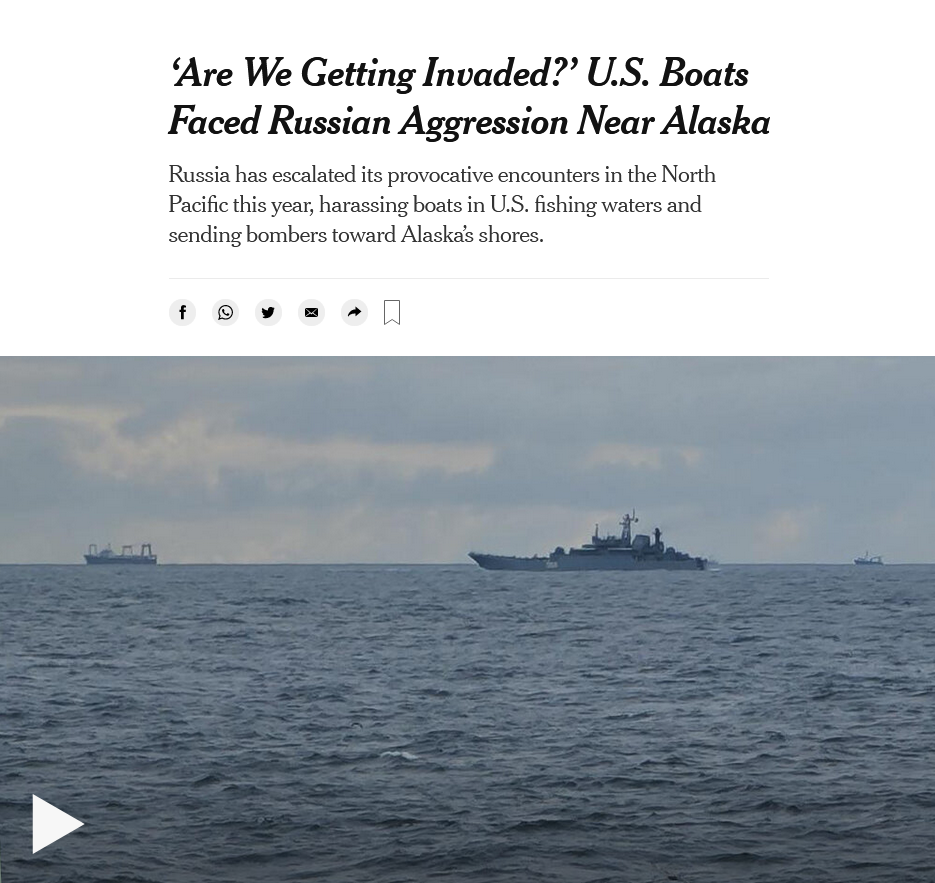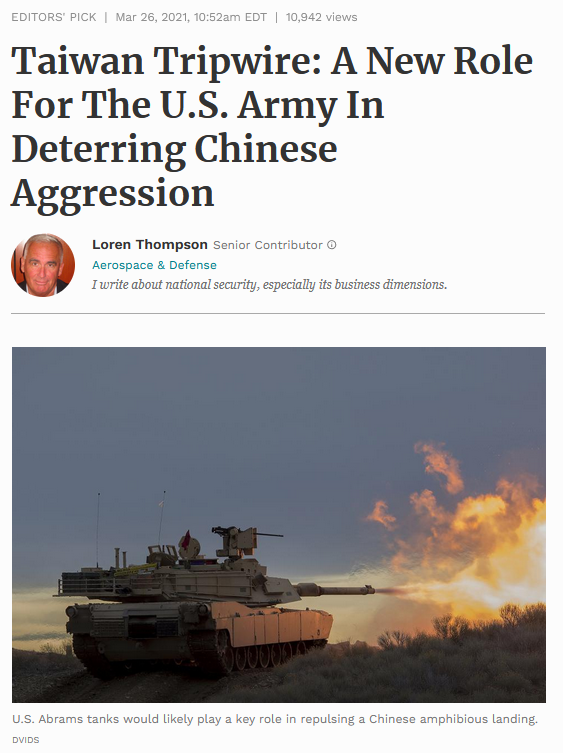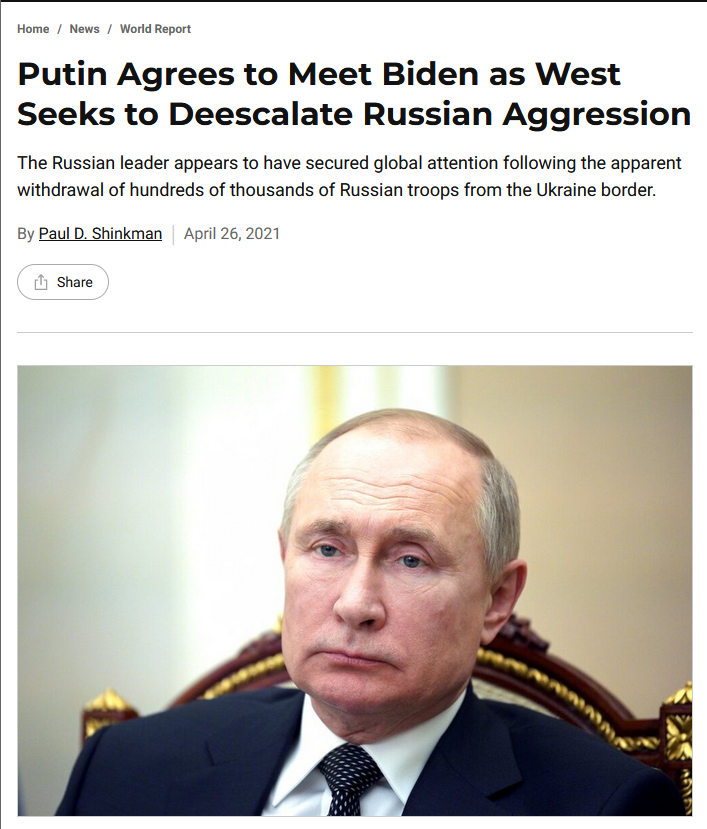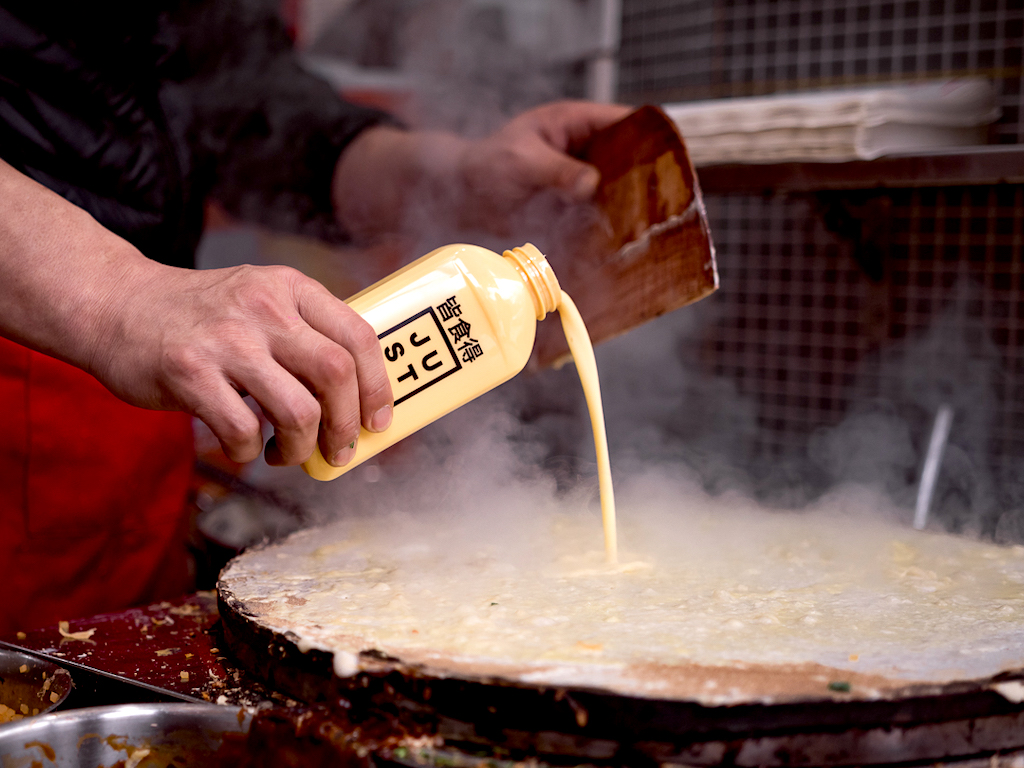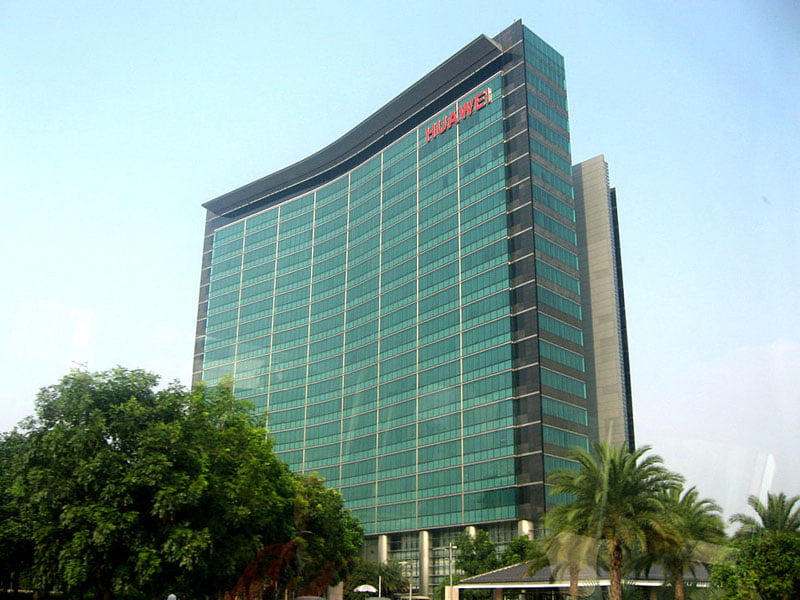 The New York Times carries a transcript of Ezra Klein interviewing the venerable professor Noam Chomsky. The interview in its entirety is illuminating. However, the anarchist professor’s take on China gives one pause. It seems ill-informed and requires further elucidation.
The New York Times carries a transcript of Ezra Klein interviewing the venerable professor Noam Chomsky. The interview in its entirety is illuminating. However, the anarchist professor’s take on China gives one pause. It seems ill-informed and requires further elucidation.
*****
Ezra Klein: How do you think about China as an economic and geopolitical competitor? Should they be seen as a threat to us? Should we not think about them in that context? How would you like to see our relationship with China look?
Noam Chomsky: I mean, everyone talks about the threat. When everyone says the same thing about some complex topic, what should come to your mind is, wait a minute, nothing can be that simple. Something’s wrong. That’s the immediate light that should go off in your brain when you ever hear unanimity on some complex topic. So let’s ask, what’s the Chinese threat?
EK: I’ll give you the answer I’ve gotten because I have very complicated feelings about this. The answer I’ve gotten is that particularly, over the past decade, China’s moved in a much more authoritarian direction. They’ve become more expansionist, domestically, I’m talking about there. They’ve become more expansionist in the South China Sea really launched a horrifying domestic repression campaign against the Uyghurs. And so to the extent, you want there to be a mega economy that is setting international rules and structures that the direction China is going makes it scary for China or scarier for China to be that rule setter in the future. That is, I think, the argument I’ve been given.
Comment: One wonders where Klein got his answer. Why does Klein have complicated feelings about authoritarianism? Why complicated feelings about “a horrifying domestic repression campaign against the Uyghurs”? Is that what domestic expansionism means?
NC: China is becoming more authoritarian internally. I think that’s pretty bad. Is it a threat to us? No, it’s not a threat to us. Let’s take what’s happening with the Uyghur. Pretty hard to get good evidence, but there’s enough evidence to show that there’s very severe repression going on. Let me ask you a simple question. Is the situation of the Uyghurs, a million people who’ve been through education camps, is that worse than the situation of, say, two million and twice that many people in Gaza? I mean, are the Uyghur having their power plants destroyed, their sewage plants destroyed, subjected to regular bombing? Is it not happening to them? Not to my knowledge.
So yes, it shouldn’t be happening. We should protest it. It has one crucial difference from Gaza. Namely, in the Uyghur case, there’s not a lot that we can do about it, unfortunately. In the Gaza case, we can do everything about it since we were responsible for it, we can stop it tomorrow. That’s the difference. OK? So yes, that’s a very bad thing among other bad things in the world. But to say that it’s a threat to us is a little misleading.
Comment: Comment: First, let’s define authoritarian. From Webster:
1 : of, relating to, or favoring blind submission to authority
2 : of, relating to, or favoring a concentration of power in a leader or an elite not constitutionally responsible to the people
Authoritarianism sounds pretty bad. But does definition number 1 relate to China? Definitely not. Definition number 2? Is Chomsky saying that chairman Xi Jinping and the Communist Party of China do not adhere to the Constitution of the People’s Republic of China? Xi Jinping is a student of Chinese history; he knows well that good governance depends on the support of the people. Said Xi, “Maintaining close ties with the people is essential to improving the Party’s conduct. Losing contact with the people would pose the gravest threat to the Party.”
Chomsky states some skepticism to “good evidence” of repression of Uyghurs, but follows up by saying “there’s enough evidence to show that there’s very severe repression going on.” I wonder what Chomsky’s evidence is? It must be noted that Klein and Chomsky have taken a humongous step back from US, Canada, Australia, and British government claims of a genocide in Xinjiang against Uyghurs. The “severe repression” is identified as reeducation camps. CGTN reporter Wang Guan, who refuted the negative reports of education camps, would ask both Klein and Chomsky where they got their data.
Chomsky exposes here the hypocrisy of western countries criticizing the Chinese government for the fate of Uyghurs. While he might be misinformed about Xinjiang, he knows about Israeli repression, that the US supports, and calls it out.
NC: Well, let’s talk to the one case of expansionism, which is real. The South China Sea, that’s real. China is taking actions in violation of international law. It’s trying to take control of the South China Sea. Or to put it differently, it’s trying to do what we do in all of the oceans of the world, including the Western Pacific. They’re trying to do that in the South China Sea. And they shouldn’t be doing that. That’s for sure. It’s crucially important for their security. That’s where all their commercial traffic goes right through — South China Sea, Straits of Malacca, which are controlled by Chinese enemies or allies. So yeah, they’re doing the wrong thing there. That’s the thing that’s a little bit familiar to us because we do it all over the world, OK? And that’s the kind of threat that should be dealt with by diplomacy and negotiations.
Comment: Again Chomsky points out the hypocrisy of criticizing China for what the US is doing. However, the question remains as to whether China is expansionist in the South China Sea or does it have sovereignty? China is in talks with ASEAN members over the issue.
EK: … But I think that if you boil the conversation down to its core, the threat that the American government feels is that America is going to lose global preeminence. And they would prefer, and I think probably as an American, I would prefer, that America maintains more leadership of the international system than China does. I do think relatively I prefer American values as expressed by our government than Chinese. But I think this is a question I would pose to you, do you think America has a legitimate interest in trying to maintain geopolitical preeminence?
NC: I don’t think we can move that fast. Almost every phrase you us I think requires questions. So what American values do we impose when we run the world? …
So first of all, should any country have domination of the world? I don’t think so. Should it be a country that has a record of destruction, violence, and repression? No, it shouldn’t. Should it be China? No, certainly not. …
So I’m still asking, where’s the threat? I don’t like what happens in China. I think it’s rotten. That’s one of the most repressive governments anywhere. But I’m asking another question, we talk uniformly without exception about the Chinese threat, what are we talking about? In fact, just as a rule of thumb, if anything is discussed as if it’s just obvious, we don’t have to talk about it, everyone agrees, but we know it’s complicated. In any such situation, we should be asking, what’s going on? Nothing complicated can have that degree of uniformity about it. So some scam is underway.
Comment: China has eliminated extreme poverty. Ask Americans who can’t afford to see a doctor, who dumpster dive for food, who beg for spare change, who sleep under bridges or live in tent cities what “the most repressive government” is.
Ask the Chinese people if they feel repressed. Is Chomsky their spokesman?
In his excellent book, Why China Leads the World: Talent at the Top, Data in the Middle, Democracy at the Bottom, (2021) Godfree Roberts writes, “With unarmed police, two percent of America’s legal professionals, and one-fourth of its policing budget, the Chinese have the world’s lowest imprisonment and re-offense rates.” (p 198) Does this sound like repression by the state?
Speaking to BRICS, Xi pledged cooperation — a concept contrary to repression — with all countries:
Our development endeavor is a cooperative one, as we will work for common development, carry out economic and technological cooperation with all other countries on the basis of equality and mutual benefit, and promote our own development and the common development of all countries through cooperation.
*****
Noam Chomsky has provided a valuable moral voice from the Left for many years. The longer he continues to carry a torch for humanity, the better.
But there are no gods. We are all fallible. It is granted that when it comes to studious analysis and synthesis of various fields of information, Chomsky must reign among the least fallible. Nevertheless, people must demand sources, evidence, and data and not rely solely upon the words of a personage. Practice open-minded skepticism and inform yourself. Study, discuss, cogitate, and reach your own conclusions.
This article was posted on Sunday, May 2nd, 2021 at 5:23pm and is filed under Authoritarianism, China.
This post was originally published on Radio Free.






